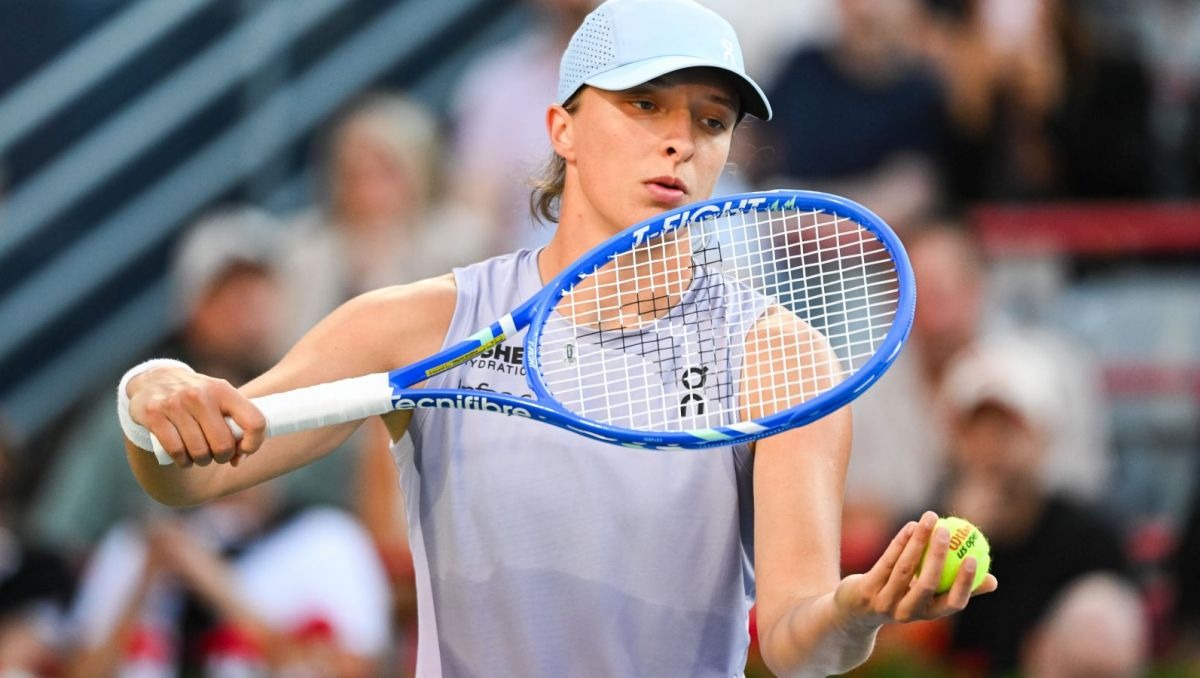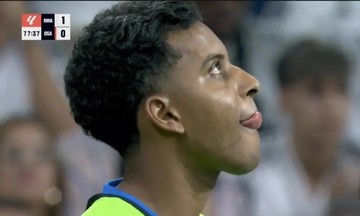"The clay-court season losses, especially in Rome – where I played far below my capabilities, were a cold shower," Swiatek told The Times on 3/8. "It helped me realize that dwelling on the past wasn't the way forward. There were times when negative thoughts on the court eroded my confidence, and I found myself battling myself more than my opponent."
 |
Swiatek serves during her match against Tauson in the fourth round of the Canadian Open at the Montreal Central Court on the evening of 3/8. Photo: Reuters |
Putting the disappointing clay season behind her, Swiatek triumphed at Wimbledon, defeating Amanda Anisimova 6-0, 6-0 in the final. She credits psychologist Daria Abramowicz for helping her overcome anxieties and mental pressure. The two have worked together since 2019, and their bond strengthened over the past 12 months.
Their relationship deepened as Abramowicz helped Swiatek navigate the most challenging period of her career: a doping ban last year. The incident continued to haunt the Polish player even after the suspension ended. Her declining performance caused her to drop from world number one to eighth. More concerning were the negative comments she received from the tennis world.
"I was constantly judged, and it affected the spectators. In Madrid, some people yelled at my team in the stands, saying I should fire someone," Swiatek added. "The atmosphere wasn't pleasant."
Besides Abramowicz's psychological guidance, Swiatek keeps busy off the court by reading literature and playing with Lego. She finds reading relaxing and a valuable way to spend time during tournaments.
"I've struggled, sometimes unbearably, due to circumstances and external comments," Swiatek shared. "Instead of just playing tennis for the joy of it or my own benefit, I now step onto the court to prove that I'm okay."
After Wimbledon, Swiatek's form showed signs of instability again as she was eliminated in the fourth round of the Canadian Open. The second seed lost to Clara Tauson 6-7, 3-6 on the evening of 3/8.
Vy Anh












